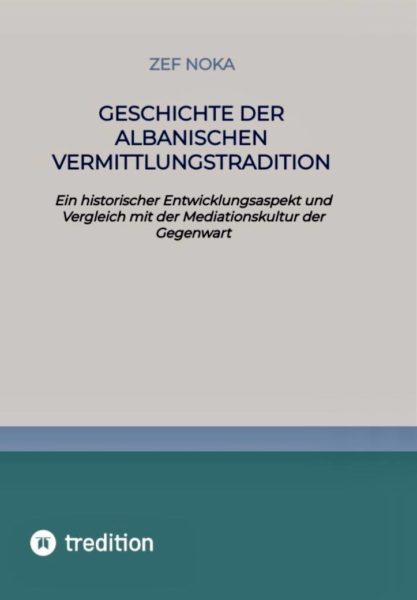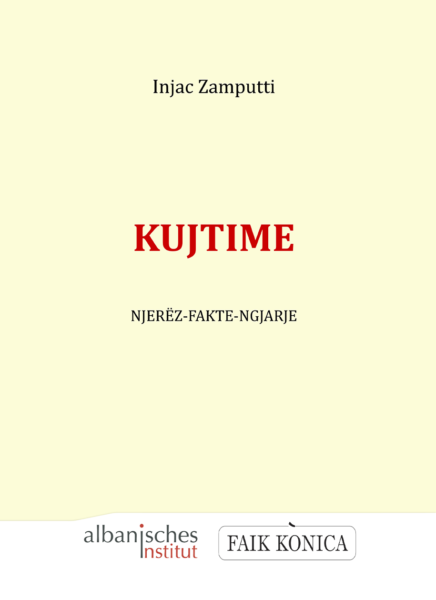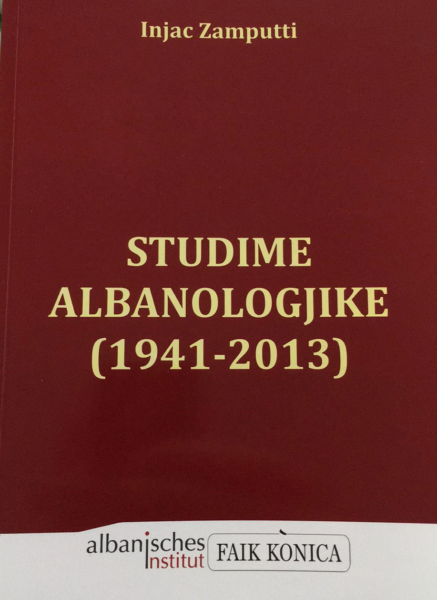In international law, as opposed to internal law, there does not exist an initial, basic and essential norm (Hans Kelsen) or any kind of a first decision (Karl Schmitt), which we can say that represents the beginning of its birth. This means that, there is no norm or decision, which would end the development of this branch of law. Both the “the beginning”and “the end”of international law are in a state of continuous motion depending on the circumstances in time and space.
 By Prof. Dr. Enver Hasani, Professor of International Law and International Relations International law is not an external factor which impacts state behavior. As such, it follows the practice of states, not the opposite. The factors that have an impact on state behavior are connected with their interests and the configuration of power in international relations.. States follow their interests, and depending from their power they realize their interests in an anarchic environment having no centralized government. This means that states are rational actors, which act seeking to realize their own interests. What looks as a usual state behavior in international relations is nothing but a mispercepsion.. International law, every and each of its norms regardless of their source, reflects four categories, through which we could explain state behavior in international relations. These four categories are: coincidence of (the country respects international law, because its individual interests converge with those of other countries); coordination (the country respects international law, because it gains more if it takes actions in conformity with other countries’actions ); cooperation (the country respects international law because it benefits more if it undertakes actions which are not in its immediate interest, for the sake of long-term and mid-term benefits); and finally, compulsion (the country respects international law and takes actions which are contrary to its interests, as a result of the threat with the use of force).
By Prof. Dr. Enver Hasani, Professor of International Law and International Relations International law is not an external factor which impacts state behavior. As such, it follows the practice of states, not the opposite. The factors that have an impact on state behavior are connected with their interests and the configuration of power in international relations.. States follow their interests, and depending from their power they realize their interests in an anarchic environment having no centralized government. This means that states are rational actors, which act seeking to realize their own interests. What looks as a usual state behavior in international relations is nothing but a mispercepsion.. International law, every and each of its norms regardless of their source, reflects four categories, through which we could explain state behavior in international relations. These four categories are: coincidence of (the country respects international law, because its individual interests converge with those of other countries); coordination (the country respects international law, because it gains more if it takes actions in conformity with other countries’actions ); cooperation (the country respects international law because it benefits more if it undertakes actions which are not in its immediate interest, for the sake of long-term and mid-term benefits); and finally, compulsion (the country respects international law and takes actions which are contrary to its interests, as a result of the threat with the use of force).
The rhetoric over the applying and the practical role of the international law must be seen within the viewpoint of these four categories. This was seen even in the behavior of the states during the crisis and the tragedy in the former Yugoslavia since 1991, but also in other similar cases of solving the crisis related to the sovereignty and self-determination over the last decade, such as the Northern Ireland (The Good Friday Agreement), Israel and Palestine (Road Map), Western Sahara (The Baker Peace Plan), Sudan (The Machako Protocoll) and so forth.















